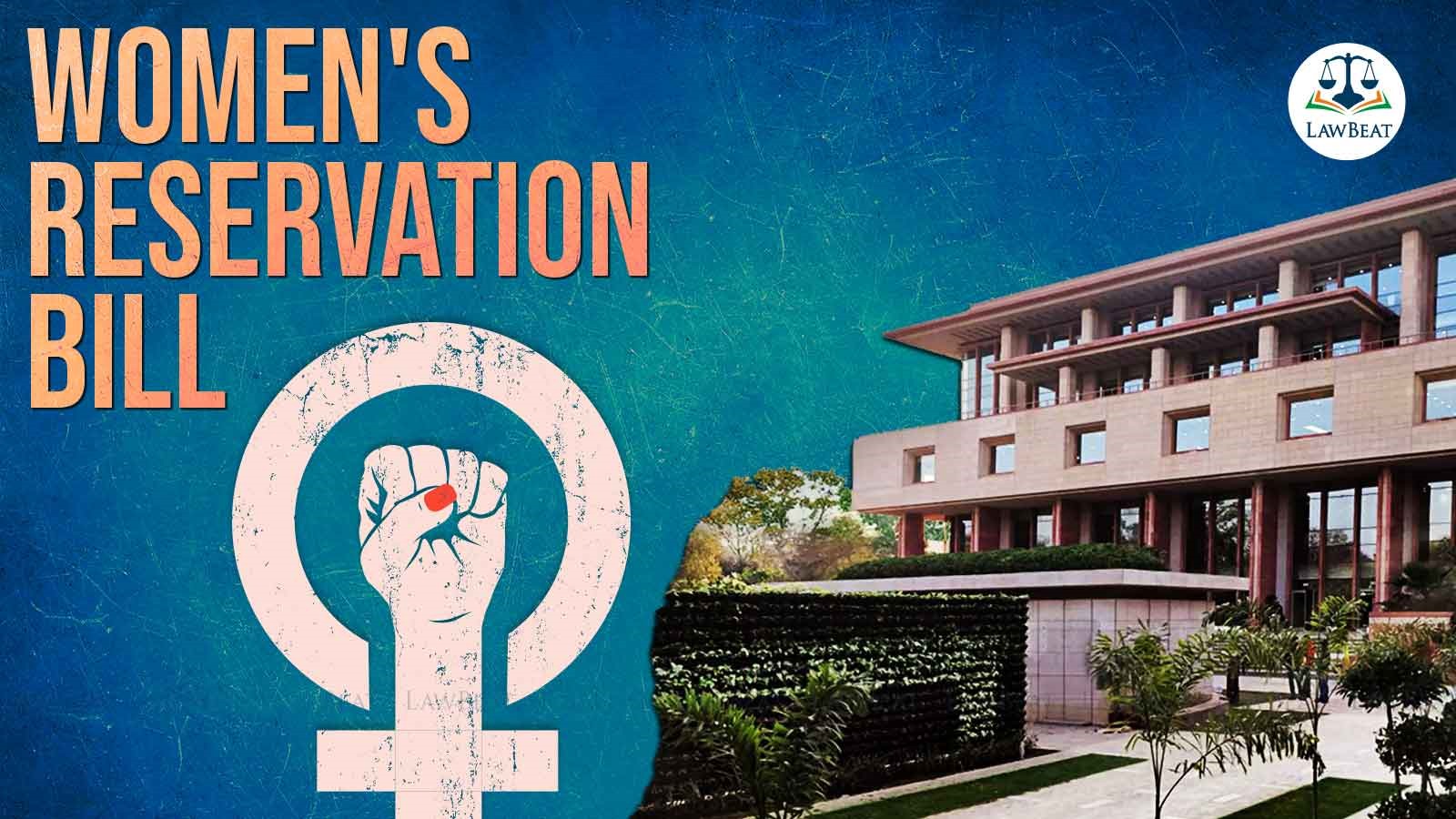Delhi High Court Dismisses Plea Seeking Urgent Implementation of Women’s Reservation Bill 2023

The petitioner expressed concern that the bill might not be implemented before 2029, emphasizing the need for swift action
The Delhi High Court rejected a plea on Friday that sought the immediate implementation of the Women’s Reservation Bill 2023, mandating 33% reservation for women in the Lok Sabha, ahead of the 2024 general elections.
The petitioner, Yogamaya MG, a Delhi-based lawyer, had approached the High Court through Advocates Mamta Ranni, Nandana Menon, and Anjitha Santosh, urging the Central government to provide a definitive and expedited timeline for the implementation of the Women’s Reservation Bill 2023, citing the prolonged uncertainty surrounding the delimitation process.
The plea named the Election Commission of India (ECI), the Bharatiya Janata Party (BJP), the Indian National Congress (INC), and other major political parties as respondents.
Justice Subramonium Prasad, presiding over the matter, remarked that the reliefs sought in the petition were akin to a Public Interest Litigation (PIL).
Consequently, the judge suggested that the petitioner should file a PIL, stating, “The petitioner has approached this court with the following prayer… It is in the nature of a PIL. The petitioner is given liberty to withdraw the petition and file a PIL in this regard.”
The petitioner contended that, despite the unanimous passage of the bill in Parliament, there was uncertainty about its implementation timeline. The Women’s Reservation Bill 2023 was designed to promote gender equality and empower women in politics.
The plea underscored that the bill's implementation was contingent on the completion of a delimitation exercise based on the first census after the commencement of the Constitution (128th Amendment) Act, 2023. The petitioner expressed concern that the bill might not be implemented before 2029, emphasizing the need for swift action.
“As India marks 75 years of independence, gender parity in political representation remains a challenge. The Women's Reservation Bill 2023 is vital for translating constitutional principles into action and empowering women for active participation in shaping the nation's future. Addressing the underrepresentation of women in the impending 2024 elections is imperative. However, the bill's implementation faces obstacles, notably due to the delimitation process outlined in Article 82, leading to significant gender disparities in states with the highest constituency numbers. Achieving equality in democratic processes is fundamental for building an inclusive society," added the petitioner.
Case Title: Ms Yogamaya MG v. Union of India and Ors.
